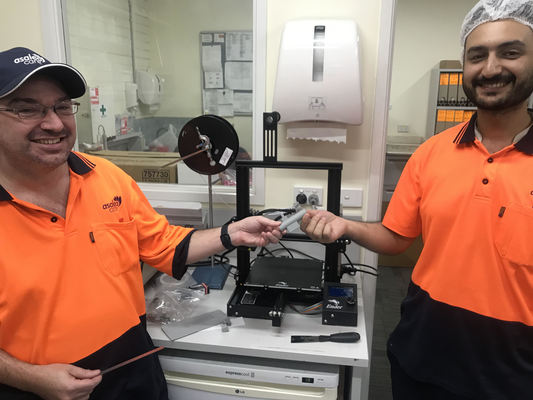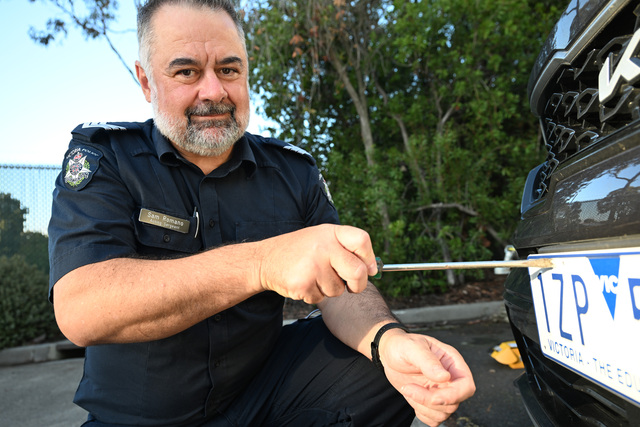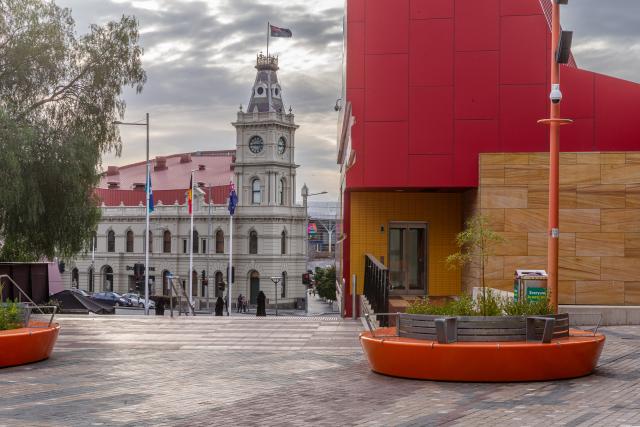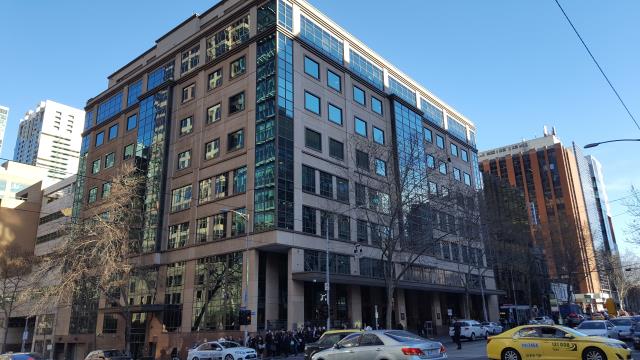Adversity is proving the mother of invention for a Springvale factory.
Due to the coronavirus, Asaleo Care faced a challenge in getting Swiss-made pushing-tube parts for its assembly lines.
Air freight services and Swiss manufacturers had gone into virtual shutdown.
“The pushing tubes only break occasionally,” Operations Manager Matthew Arblaster said.
“But they’re like a fuse – if they go out, the timing of our machines go out.”
In response, Asaleo Care has made its own replacement parts using an onsite 3D printer, and installed them without a hitch.
The printer produces four parts in 12 hours. To make a tube “traditionally” using a lathe in a mill would take two days, Mr Arblaster said.
There’s a new mind-set among the factory’s engineers, who are now ‘printing’ the factory’s set-up jigs, tool holders and brackets, Mr Arblaster said.
“It allows you to make things and design things in a different way.”
Meanwhile, Asaleo Care’s production of Libra feminine hygiene tampons and pads, TENA incontinence products and Tork napkins has soared during the pandemic.
In recent weeks, the factory has ramped up 24/7 to meet the rising demand.
It’s business more than usual,” Mr Arblaster said.
“We are proudly Australia’s only manufacturer of feminine and incontinence products.
“Our dedicated team are doing everything possible to fill gaps on shelves and keep supply moving.”
Social distancing has been paramount at the site, with at least 1.5 metres between workers, more equipment clean-downs, extra lunch rooms and 150 admin staff working from home.
Asaleo Care has been manufacturing in Springvale for over 40 years and recently made the decision to move its company headquarters to the site.
In addition to the Springvale operations it has two factories in New Zealand and one in Fiji producing toilet paper, paper towel, and nappies.







